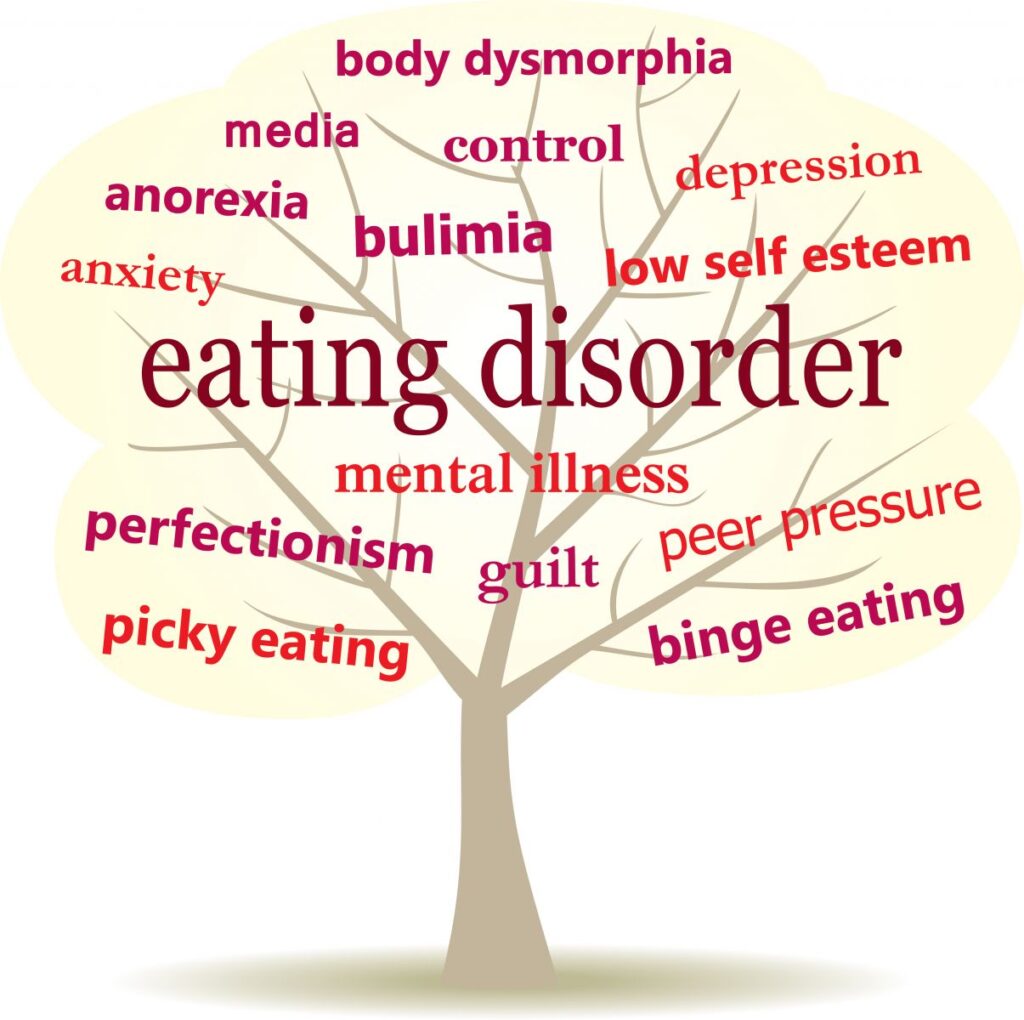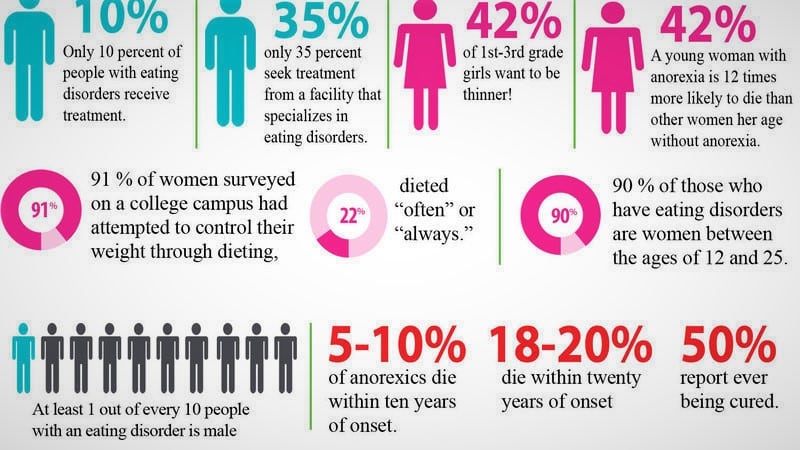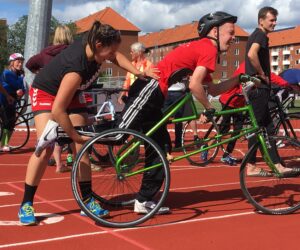An eating disorder is the type of eating, which is abnormal, and a person refuses to eat enough or overeats. Athlete eating disorder puts the health and performance at risk for both men and women. There are lots of reasons which make people lose weight. Some people think their body is not in good shape or believe they are overweighed.
Someone needs to lose weight for their job like in fashion companies, and the other reason could be to perform better on sports such as gymnastics, dancing, figure skating, boxing, judo, cycling, cross-country skiing, diving, etc.
Athlete eating disorder can cause severe problems for the person, and it may need medical care to cure. Because of the eating disorder, the body may not reach the necessary nutrients and minerals insufficiently, causing severe problems to body organs such as the heart, liver, and kidney. Dental issues, skeletal system complications, depression, anxiety, fatigue, sleep disturbance, and many other problems may happen to athletes because of athlete eating disorder.
Types of eating disorder
Anorexia
An unrealistic view of body shape and size which cause an intense fear of gaining weight and extreme control over calorie intake
Bulimia
Binge-purge syndrome refers to frequent, rapid overeating followed by purging to avoid gaining weight.
Binge-eating disorder
Frequent out-of-control eating happens in a short amount of time.
Who is at risk
There are ample reasons which athlete eating disorder put the person at risk:
- The person thinks the thinner body makes a better athlete.
- Low self-esteem makes the person thinks he or she needs to make a change in the body.
- The family members make a person thin.
- A person who has a member with an eating disorder in the family
- A person who is on different diets all the time.
Athlete eating disorder and performance
The eating disorder might not be a great deal at first, but it may become a severe issue for athletes’ performance, physically and psychologically. Fatigue and low energy levels because of inadequate carbohydrate intake can affect movements’ speed and decrease the running speed. Insufficient carbohydrate also increased the use of protein as fuel. Using a few amounts of protein can lead to muscle weakness. Drinking not much water dehydrates body organs, leading to fatigue, headache, and low body and mind performances. A person with a weak body cannot concentrate entirely. Getting nuts quickly, depression, and anxiety are other symptoms of athlete eating disorder that affect the performance.
Be aware of the symptoms.
There are many symptoms of eating disorders, but there are some signs that everybody should be aware of:
- The person eats too little, but the exercises are too hard. This situation reduces the whole energy and ability of the person, and it may cause serious problems.
- The entire thinking is about weight and size or appearance. This situation causes severe psychological problems for the person.
- The athlete loses weight, notably and fast. This kind of losing weight is dangerous for athletes. Doing sport with no energy or enough fuel affects the performance and function so soon.
Fight with athlete eating disorder.
The best way to help athletes with an eating disorder is to encourage them to focus on their health more than diet or eating style. Their health is insurance for their better performance. Focusing on physical strength and mental health is more critical than abnormally losing weight. Ask the coach never to make any negative comments about the matter, or help lose weight in the right way. Coaches are such triggers to athletes. It’s better to work with a coach who knows how to help to increase motivation and enthusiasm. A cause makes the person lose weight for that particular sport, if needed, in the right way.







Thanks for this awesome info.